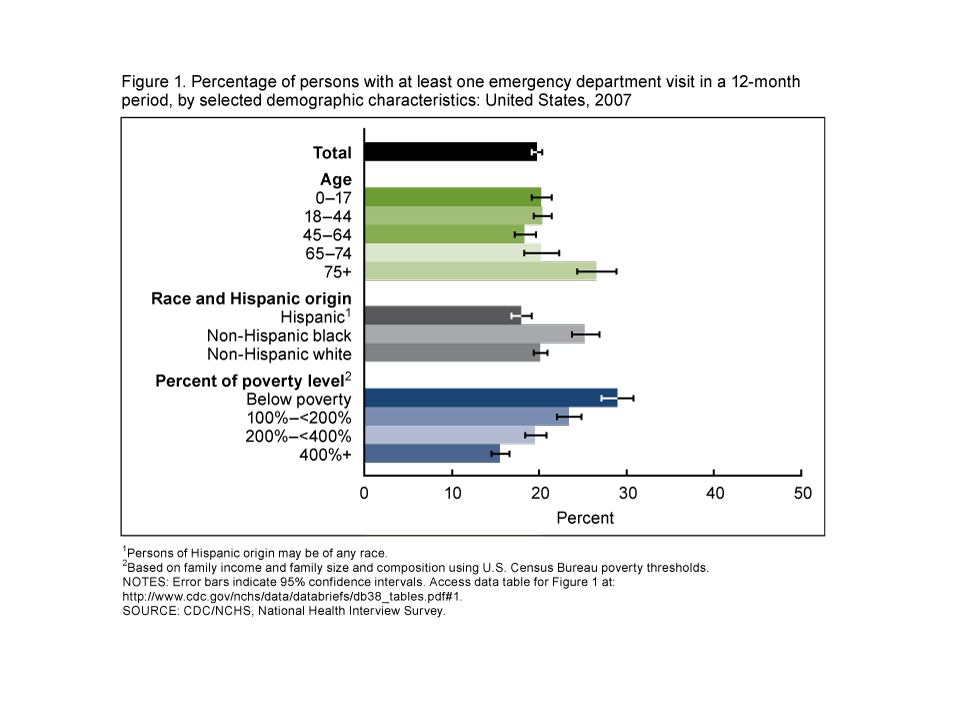In Forming Consciences for Faithful Citizenship, the US Bishops state:
In the Catholic Tradition, responsible citizenship is a virtue, and participation in political life is a moral obligation. This obligation is rooted in our baptismal commitment to follow Jesus Christ and to bear Christian witness in all we do. As the Catechism of the Catholic Church reminds us, “It is necessary that all participate, each according to his position and role, in promoting the common good. This obligation is inherent in the dignity of the human person. . . . As far as possible citizens should take an active part in public life” (nos. 1913-1915).
Who is responsible to participate in political life? According to Catholic social teaching, EVERYONE While there are important distinctions made between the political activity of the Church as an institution and individual Catholics (particularly, the laity), both Faithful Citizenship and Gaudium et Spes (Pastoral Constitution on the Church in the Modern World) establish being active in the civil and political life of the community as a responsibility of one’s baptism. It is a responsibility of one’s baptism because the challenge to work for justice and the Kingdom of God is a requirement of baptism.
Christians must be conscious of their specific and proper role in the political community; they should be a shining example by their sense of responsibility and their dedication to the common good; they should show in practice how authority can be reconciled with freedom, personal initiative with solidarity and the needs of the social framework as a whole, and the advantages of unity with the benefits of diversity. (Gaudium et Spes 75)
So what does that mean?I would like to propose 3 different instances or levels of action which I think qualify as political participation.
1. VOTING:
voting is usually where we begin. As adult citizens of the United States, voting is the first and most obvious example of political participation. And it is a crucial one. As we come upon another presidential election, it is important to note that as a nation – Americans are not known for “good voter turnout.” There is, I would propose, a basic moral obligation to vote or to intentionally abstain as a means of opposition (not out of apathy but out of legitimate protest). Now, this does not have to translate into participating in the 2party system, but voting remains a crucial and necessary element of representative democracy. (The strength and stability of our political institutions depend upon an active and engaged electorate).
2. TRADITIONAL FORMS POLITICAL PROTEST/ACTIVITY
Letter writing, protests, rallies, and petitions are all examples of traditional political activity. Both Occupy Wall Street and writing a letter to Governor Cuomo in support of funding for Catholic schools are both obvious examples of traditional political activity. I would consider various forms of lobbying by individuals and community groups within this aspect of political participation. Technology has made letter writing, petitions, etc. much easier and this has increased “political engagement” on specific issues – especially among young people. However, it is important that political participation in this area include local participation. Participation at the local city council, school board meeting, or community housing meeting are all crucial political activities. It is just as important within Catholic social teaching that faithful citizenship not be viewed only on the national and state level but that it includes all levels of political society (from the Neighborhood community board to the Federal government). Community organizing, as supported by the Catholic Campaign for Human Development, is also a traditional form of political participation that operates on many levels of political society. (It is easy for one to come up with historical examples – like the Civil Rights Movement which provide historical instances of these types of political action on every level of society).
3. LIVING SOCIAL JUSTICE AS POLITICAL PARTICIPATION
Challenging traditional approaches to charity, Gustavo Gutierrez states
“indeed, to offer food or drink in our day is a political action” (155)
Throughout his work, Gutierrez emphasizes the necessary connection between providing food to the hungry and the next step of investigating (and working to overcome) the causes and structures of poverty and social exclusion. I would like to challenge all of us to think of the ways in which active commitment to peace, justice and charity can and should signify political participation. Making the connection between our own individual charitable activity, participation in political action for peace and justice, and the broader questions of how our society is organized are crucial to faithful citizenship. A distinctive aspect of Christian political participation SHOULD be advocacy for and with the marginalized, vulnerable, and excluded from traditional power structures. Who are those on the margins of society? Solidarity with those at the margins and concerted political action to create a more just society through expanding participation by all means that the simply act of offering food to those on the margins is indeed a political action. By extension the First Fridays for Food Security program launched last year by the USCCB is an example of a program is both raising awareness and a form of political action.
This third level of political participation is perhaps less obvious but points to a broader understanding of the political community which I think is crucial to the Catholic worldview and pursuit of the common good.
Take the example of First Fridays for Food Security – Catholic political participation, integrated and based upon firmly formed consciences for faithful citizenship, would begin by individuals and families participating in the program as a means of individual solidarity with the poor and consciousness-raising, extend to action in favor of social protection for food security (through letter writing, petitions, rallies, etc in support of programs like SNAP), and inclusion of all these issues in discerning how we vote.
Forming Consciences for Faithful Citizenship emphasizes that political participation is a moral obligation – but we should understand that obligation as including far more than just our responsibility to take part in the electoral process. Living as a faithful citizen requires much much more.



